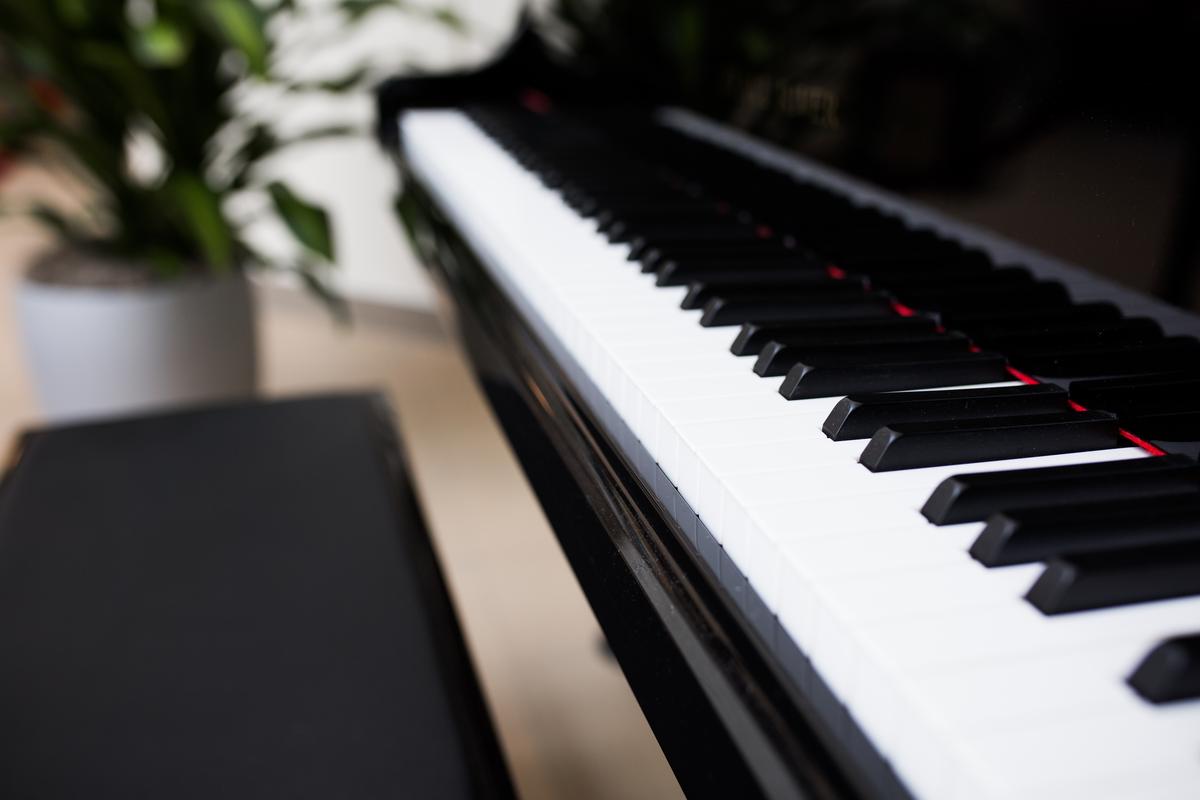Music Therapy
Supporting Loved Ones with Musical Therapy
St. Elizabeth Hospice partners with Licensed Musical Therapists, Volunteers and the Northern Kentucky Threshold Singers to bring music therapy to our Hospice patients. This therapy service will bring support to patients as well as their families through music. Patients will have the options to play, listen to, or create their own music that will provide emotional, sensory and spiritual support.
Music Therapy has proved to be especially beneficial for Dementia and Alzheimer’s patients. In particular, music therapy can help provide patients assistance with association and agitation management.
Association
“Each individual had a musical identity that was often closely linked to life events, personal and cultural identity, and a particular era (e.g. post-war). Recognition of familiar music was considered emotionally meaningful particularly for people in late stages of dementia.”
~ Mcdermott, Orrell, & Ridder, 2014
Selections from the individual’s young adult years – ages 18 to 25 – are most likely to have the strongest responses and the most potential for engagement.
However, unfamiliar music can also be beneficial because it carries no memories or emotions. This may be the best choice when developing new responses, such as physical relaxation designed to manage stress or enhance sleep.
Agitation Management
Non-verbal individuals in late dementia often become agitated out of frustration and sensory overload from the inability to process environmental stimuli. Engaging them in singing, rhythm playing, dancing, physical exercise and other structured music activities can diffuse this behavior and redirect their attention.
These services can include, singing at the bedside of a patient, as well as playing, listen to, or creating their own music that will provide emotional, sensory and spiritual support.

More Information
If you would like more information about St. Elizabeth Hospice, or would like to make a referral, please contact us:
Phone: (859) 301-4600
Learn more about Hospice Care
Call
If you would like more information about the St. Elizabeth Hospice program or would like to make a referral, please contact us: Call (859) 301-4600.

